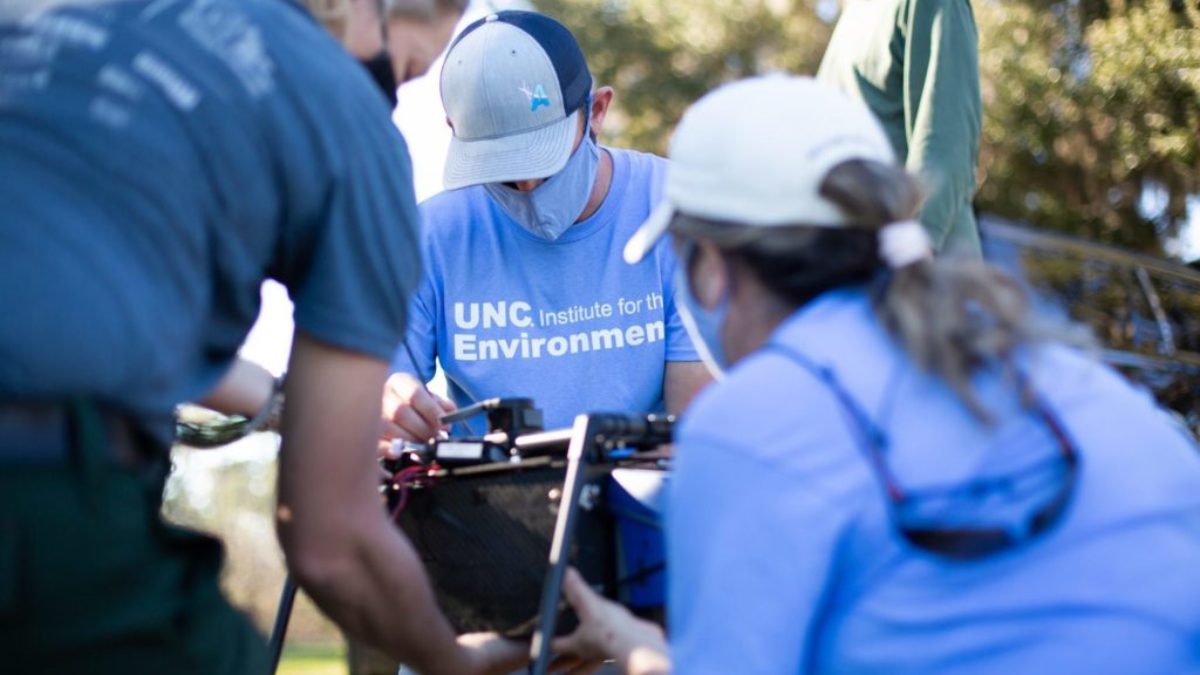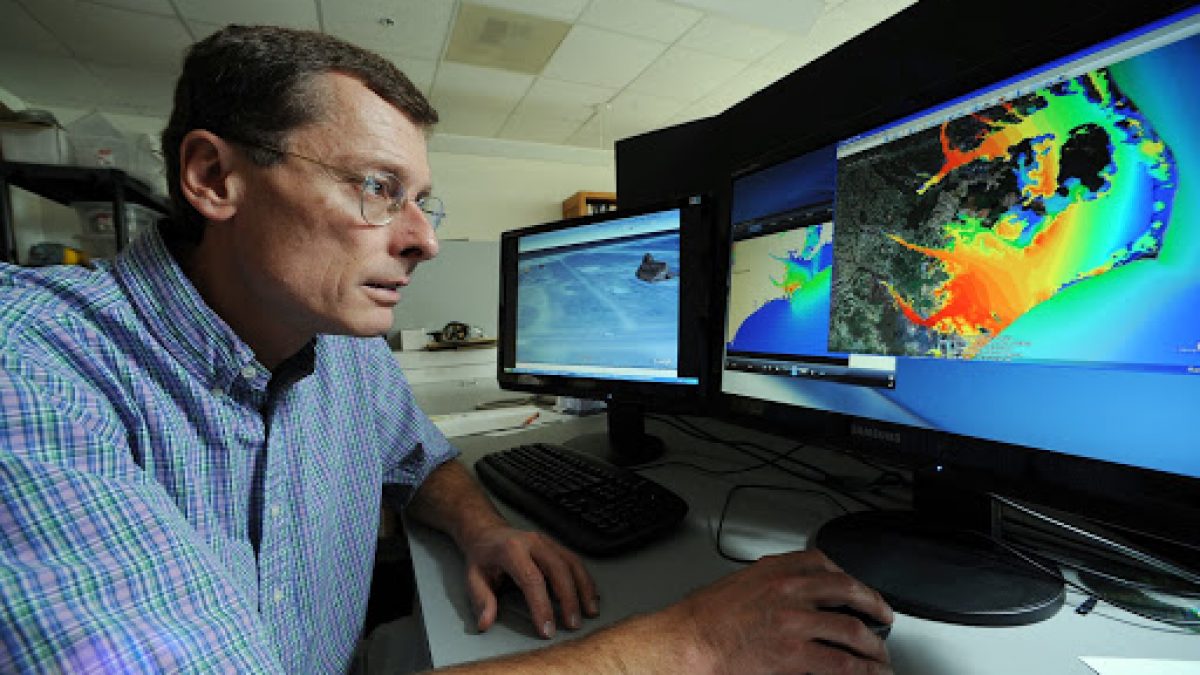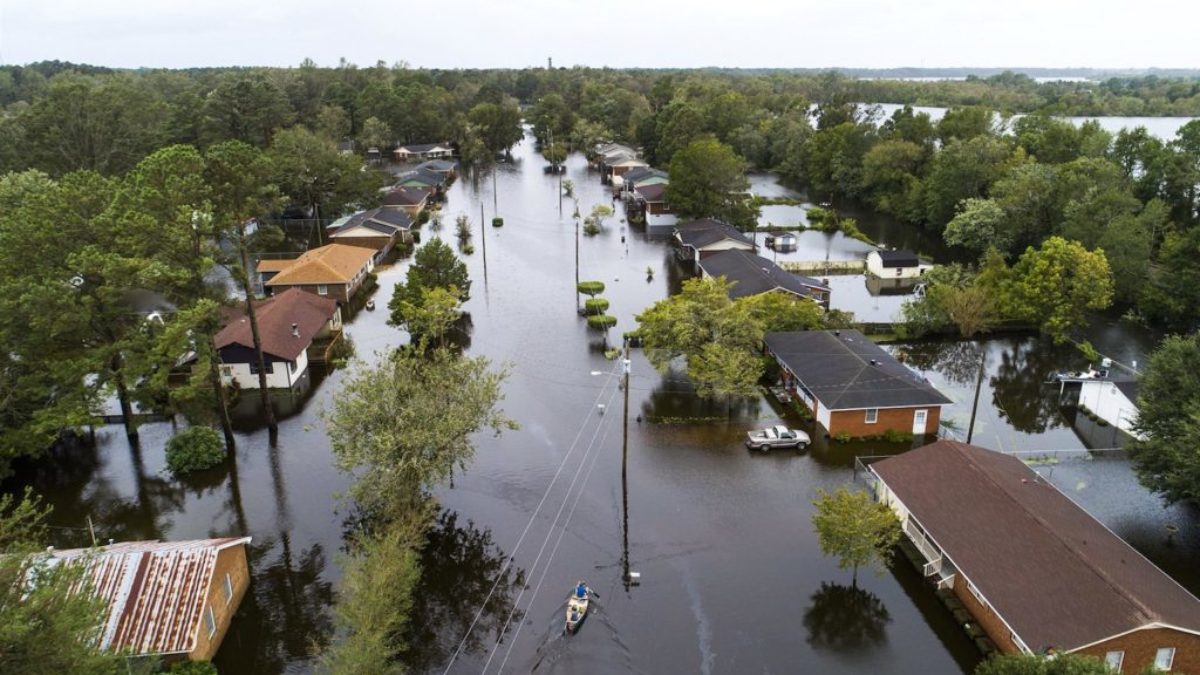A Clearer Vision for a Cleaner World
"When we think about the future, we have to think about clean technology."
"When we think about the future, we have to think about clean technology."
“When we think about the future, we have to think about clean technology.” – Chancellor Carol Folt
The best path forward for maintaining technology growth while ensuring our planet’s future is to invent and advance clean tech. Co-hosted by the UNC Institute for the Environment and UNC Kenan-Flagler Business School’s Center for Sustainable Enterprise, the UNC Clean Tech Summit joins students with professionals in business, academics and policy from around the region, country and world to foster growth and provide education and networking opportunities in the Southeast’s clean tech industry. Themes include exploring the role of universities in speeding up innovation through research, understanding how clean tech and clean energy can drive economic growth, and developing technological breakthroughs related to water and food security.
Advancing the world is only possible if it’s a clean, sustainable place to live, and preserving the environment is a job for everyone.





